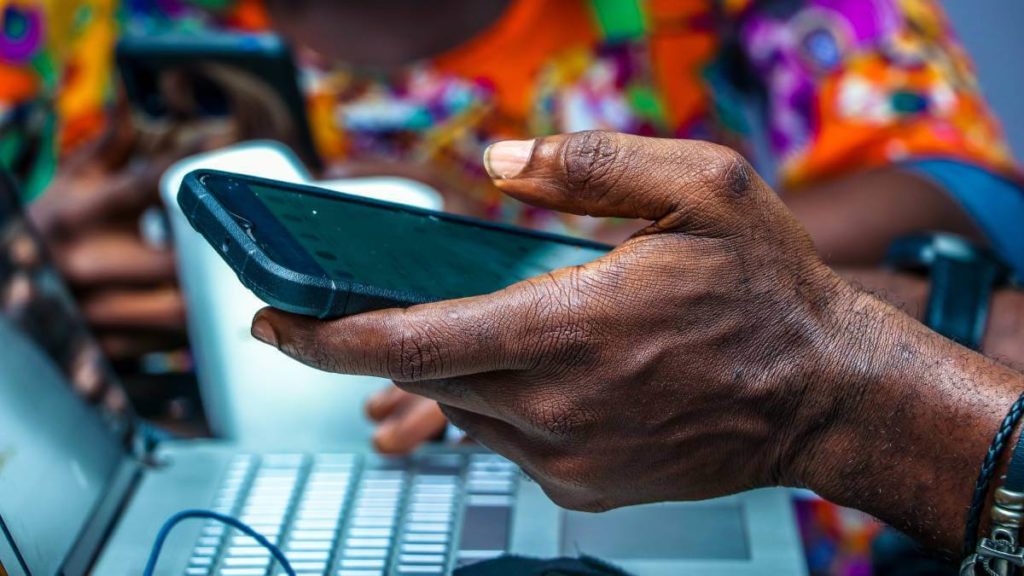Alleged Zimbabwean gold smugglers, accused of looting the country’s gold reserves, have been cleared of any wrongdoing as Zimbabwe proceeds launch of gold tokens backed by the country’s reserves.
In February, Al Jazeera put out a four-part documentary, titled ‘Gold Mafia‘, purporting to show the looting of gold reserves via smuggling and money laundering by high-ranking officials in the Zimbabwe government, all the way to the president.
In the documentary, Al Jazeera revealed how a group of money launderers and gold smugglers had effectively taken over several South African banks by bribing key members, allowing the criminals to send large amounts of gold smuggling funds overseas without raising the suspicions of the authorities.
Now, following an investigation by Zimbabwe’s Financial Intelligence Unit (FIU), the assets of the accused individuals have been unfrozen as the investigating entity stated that it did not identify any assets or transactions linked to gold smuggling and money laundering.
Bad timing
The decision to clear the accused comes at a time when Zimbabwe is in need of sufficient gold reserves to support its digital tokens initiative which it launched last month. Through the initiative, the Reserve Bank of Zimbabwe (RBZ) introduced a gold-backed digital currency to be used as legal tender in the country.
The introduction of the digital gold tokens was stated to be part of the government’s interventions to deal with the country’s fluctuating currency and represents the first steps towards using the country’s gold reserves to peg the national currency, the Zimbabwean dollar.
When introduced, the tokens would be exchangeable for small amounts of Zimbabwean dollars. Holders can exchange their money for the tokens in order to store value and shield themselves from the exchange rate volatility.
The tokens, backed by 139.57 kilograms of gold, were on sale from May 8 to May 12.
IMF sees lack of gold as concerning
The International Monetary Fund cautioned Zimbabwe against adopting a gold-backed digital currency to deal with macroeconomic challenges like volatility in the local unit, saying it should rather liberalise its foreign exchange market.
Already, Zimbabwe will be putting a lot of gold on the line for the project. In April, a member of its monetary policy committee revealed that the country will need $100 million of gold to kick-start its proposed bullion-backed digital currency.
Zimbabwe is targeting a 14% increase in gold production, which will bring production to 40 tonnes this year. It earned $377 million from gold production in Q1 2023, down from the $463 million it earned in Q1 2022.
With the alleged architects of one of the country’s largest gold heists pretty much escaping consequence-free, the concern that the country’s gold reserves, the cornerstone of its gold-backed tokens initiative, may also get looted is a valid one.















